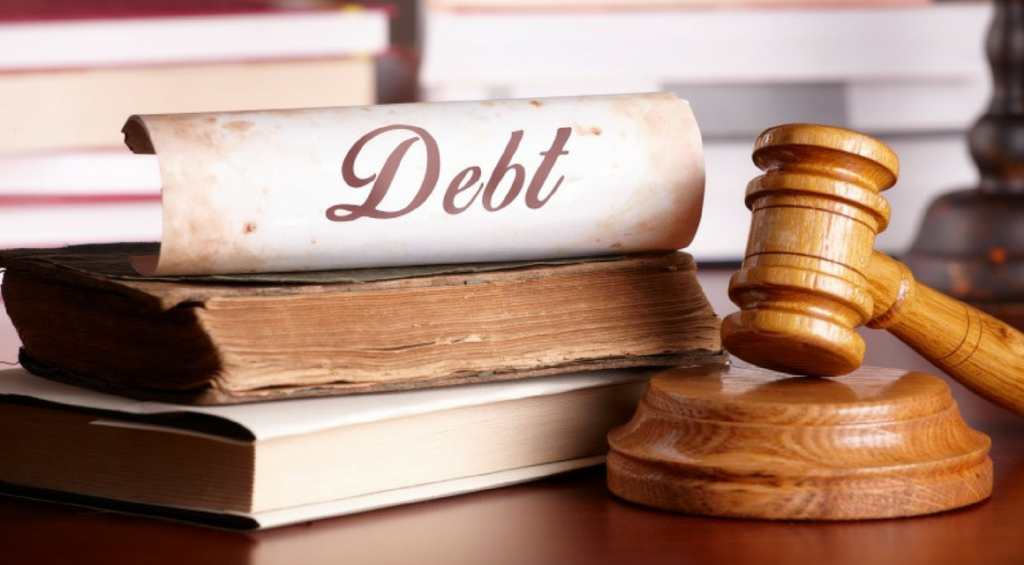How to collect a debt
Surviving the extraordinary events of the last eighteen months has been an achievement for some but at what cost?
Many individuals have run into difficulties either because they were unable to pay their rent/mortgage or pay their utility bills and have had to borrow money. It’s not that banks and utility companies haven’t understood the situation, and some have tried to make allowances for this, but now we have apparently got back to our ‘normal’ lives again have we managed to restore the financial balance? Have we really got back to where we were before?
The suggestion is, that we have not.
Juggling finances and trying to call in debts is a struggle whether you are individual or business. Most importantly, chasing someone who owes money and who is having difficulties can seem heartless and inhumane. On the other hand, if you are an individual or sole practitioner, you may also be struggling and need to survive.
So what’s the answer?
Perhaps the right thing to do is to approach the other party by making ‘gentle’ contact to say that this invoice/debt is outstanding, and while you understand that times are hard, would there be a possibility of paying it off by installments? If they are amenable and accept that the money is outstanding, you can then negotiate a regular payment that would be acceptable to both parties. After all, if you decided to take the huge step of taking that person to court, and you win your case, ultimately, the court would ask the debtor that very same question: ‘how much can you afford to pay monthly?’
If every individual or business acted in this way, it may give an opportunity for those that are struggling, to return to some semblance of financial stability.
The ‘soft’ touch e.g. negotiation is the key, but if this doesn’t work, then as a last resort, and only as a last resort, should you institute court proceedings.
The first step is to give as much notice as possible to the other party that you are owed this money and to ask for payment. There is a ‘pre-action protocol’ that you must do before any court proceedings are commenced, which is otherwise referred to as a ‘letter before action’, which must state who you are and why you are asking for the debt to be paid. It could be, for example, money owed for services rendered and an unpaid invoice i.e. decoration or gardening or it could be for not fulfilling a contract. Whatever the reason is, you must put all the relevant details in a letter and include with it any evidence such as a fee invoice that you submitted, or a copy of a contract signed by both parties etc.
The letter should also give the other party a time frame to respond either to make payment in full, or to make contact to negotiate how to pay it off. The letter should also make it clear that you are open to discussion, but that if you have not had a response by the chosen date, then you may decide to commence legal proceedings without further notice.
Now this is where it gets serious. There’s a rule of thumb which says, you should never threaten legal proceedings unless you are absolutely intent on carrying that through. Therefore, you should not mention this lightly unless you are seriously willing to proceed.
Another way to tackle such a situation, is to write a ‘gentle’ approach letter as mentioned above in order to ascertain what kind of reaction you receive. If the other party contacts you on receipt and is apologetic and willing to negotiate payment, then all you have done is given them a friendly nudge. On the other hand, if they do not respond at all, then you could write your letter before action urging a response by a certain date, ‘failing which, legal proceedings will be commenced without further notice’.
You should always ensure you have sufficient evidence and reason for taking court action before you commence a claim.
Court proceedings
Starting court proceedings can be done online if it is a fairly straight forward small claim without complications. And online fees to do so are slightly less than sending in paper versions. The fees go on a sliding scale dependent on how much is owed. For example for claim amounts from below £300 up to £1500, the court fee is between £35-£70 if you issue online – a little more if not. Claims worth over £1500 up to and beyond £10,000 cannot be issued online and the fees range from £110 – to 5% of the claim for any that are over £10,000.
The claim form should be completed and usually once stamped by the court, a copy gets sent to the other party, a copy is kept by the court, and you get the third copy. The court usually sends the issued claim form to the other party (the defendant) with a response pack containing a number of documents and information on the options that the defendant can choose e.g. to pay the debt in full, to acknowledge service of the claim form and indicate that they want to defend and various other options. However, whatever the defendant decides to do, they must contact the court within 14 days, failing which, you may have the right to get a default judgment against them.
Further details on how to make a claim and the fees can be found here.
It’s worth noting, that even if you do win a judgment against the other party and the court agrees they owe you the money and must pay it, that doesn’t automatically mean you will receive the money. You may need to enforce the judgment and this can require additional time, money and court paperwork.
Although the small claims system is relatively straightforward, if you feel you need assistance, you can always call upon the services of a paralegal who will be able to help you at a reasonable cost. You can locate one on the National Paralegal Register.
Sometimes calling on a professional debt collector, who will often be a registered paralegal can be the easiest and least stressful option. They will charge a small fee but know the process of debt collection inside-out so often have a much better success rate than doing it yourself. They generally are only worth it for debts above a certain amount so check carefully first.
Finally, a few words of caution before you start… ask yourself if this debt is really worth the time and energy required to collect it, if you stand a good chance of receiving the money (ie can the other party pay) and if you are genuinely willing to take it all the way to the courts. If the answer to any of the above is ‘no’, then, frustrating as it may be, it can sometimes be better to write off the debt and move on with your life.

